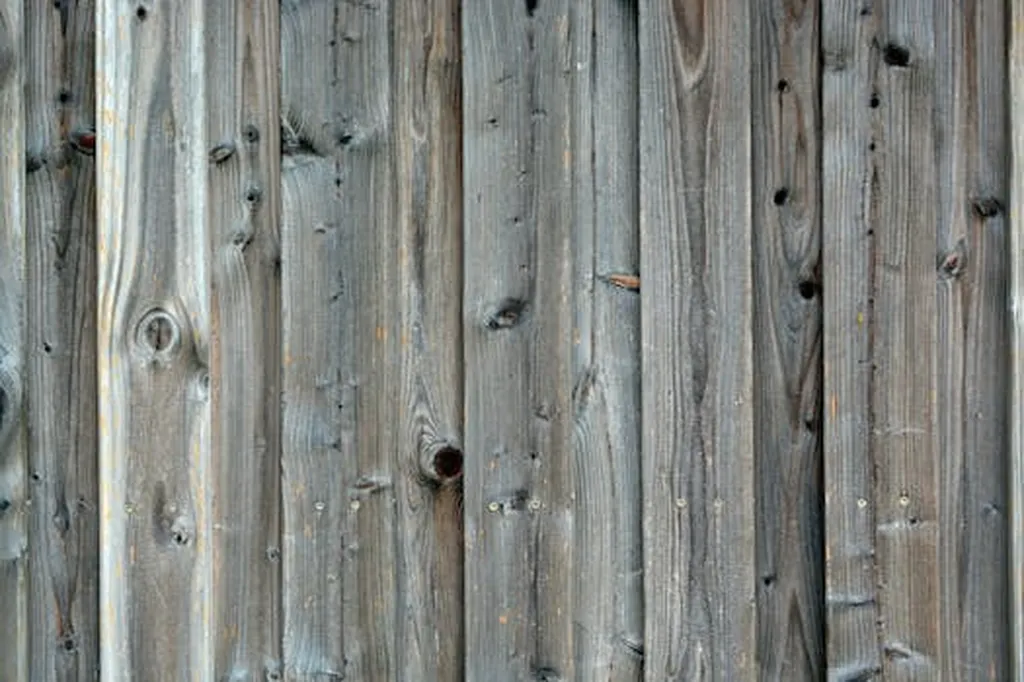In the quest for sustainable construction materials, researchers have turned to an unlikely hero: wood. A recent study published in the journal *Energies* (translated from French as “Energies”) has unveiled a promising innovation in bio-based insulation materials, offering a compelling alternative to conventional synthetic foams and mineral wools. The research, led by Yi Hien Chin from Université Clermont Auvergne in France, explores the potential of gradient-delignified poplar wood as an anisotropic insulation material, combining thermal efficiency, mechanical stability, and biodegradability.
The study addresses a critical need in the construction industry: achieving low thermal conductivity without compromising mechanical performance. Poplar wood, abundant in France, serves as an effective carbon sink and a promising resource for sustainable building materials. However, the characterization of delignified wood has been insufficient for practical implementation until now.
Chin and his team developed a hybrid structure through partial delignification using alcoholysis and sodium chlorite bleaching. This process creates a material with delignified outer layers and a lignified core. “The retention of the lignified core is crucial,” explains Chin. “It preserves dimensional stability and load-bearing capacity, overcoming the limitations of complete delignification.”
Microscopic analyses revealed that lignin removal leads to cell wall swelling and the formation of nano-scale pores. Compared to native poplar, the modified material showed lower transverse thermal conductivity (0.057 W·m⁻¹·K⁻¹), higher specific heat capacity (1.4 kJ·K⁻¹·kg⁻¹ at 20 °C), increased hygroscopicity, and reduced longitudinal compressive strength (15.9 MPa). These properties make it an attractive option for the energy sector, where thermal efficiency and mechanical stability are paramount.
The implications for the construction industry are significant. As the demand for sustainable and energy-efficient buildings grows, the need for innovative insulation materials becomes ever more pressing. Gradient-delignified poplar wood offers a bio-based solution that not only reduces the carbon footprint but also maintains structural integrity. “This work highlights the potential of wood modification nanotechnology to revolutionize the way we think about building materials,” Chin notes.
The study published in *Energies* opens new avenues for research and development in the field of bio-based materials. As the construction industry continues to seek sustainable alternatives, the insights from this research could shape future developments, paving the way for more eco-friendly and efficient building practices. The commercial impacts for the energy sector are substantial, offering a viable solution that aligns with the growing emphasis on sustainability and energy efficiency.

